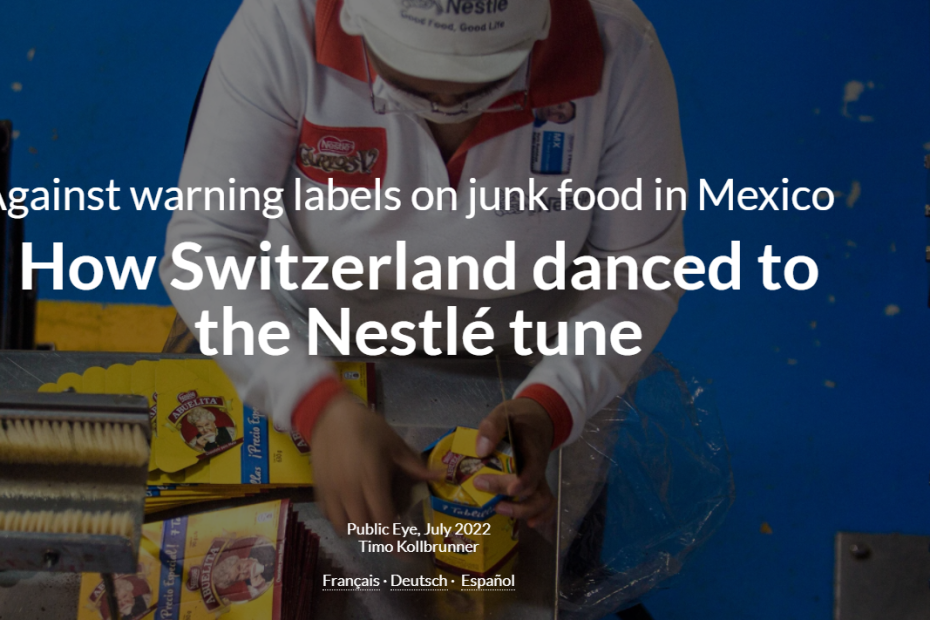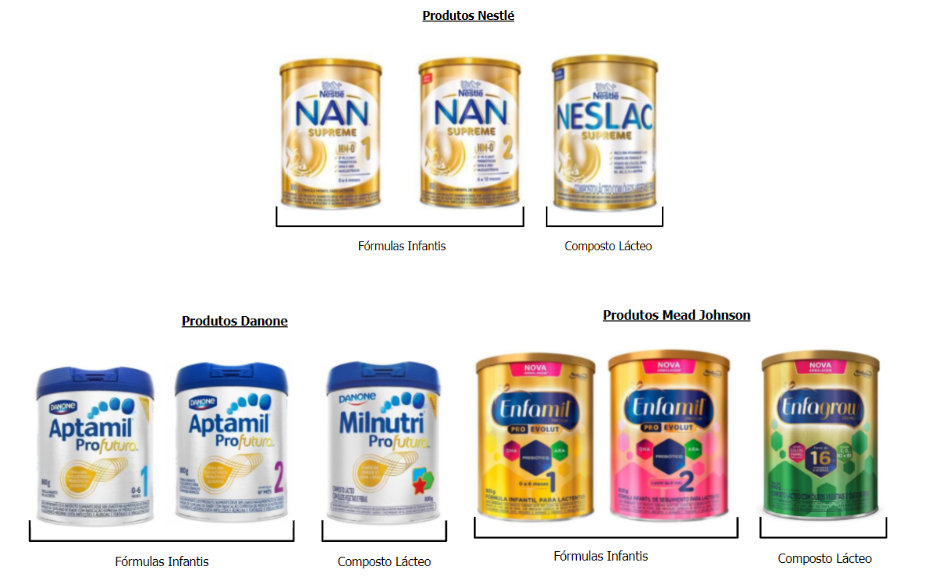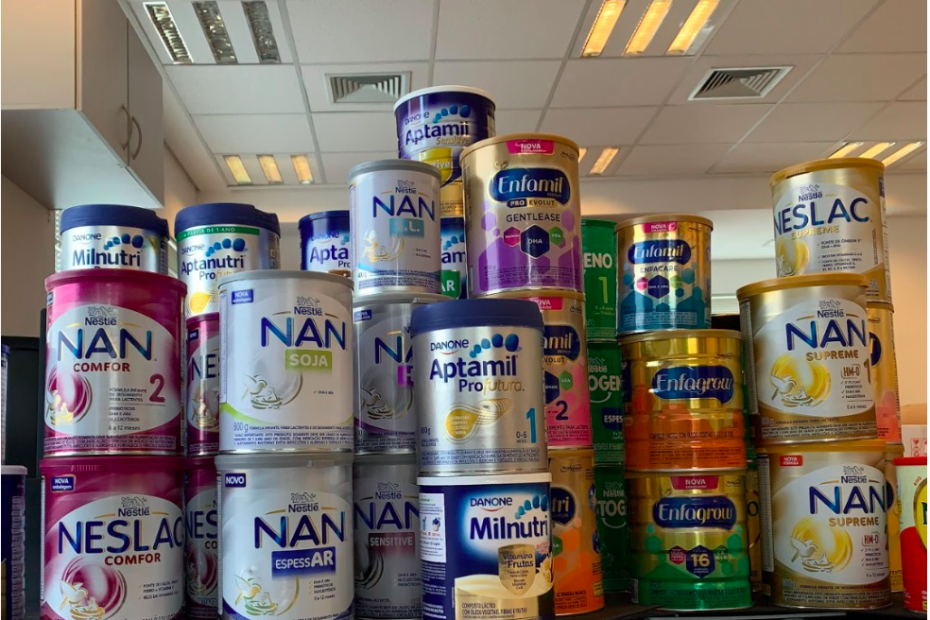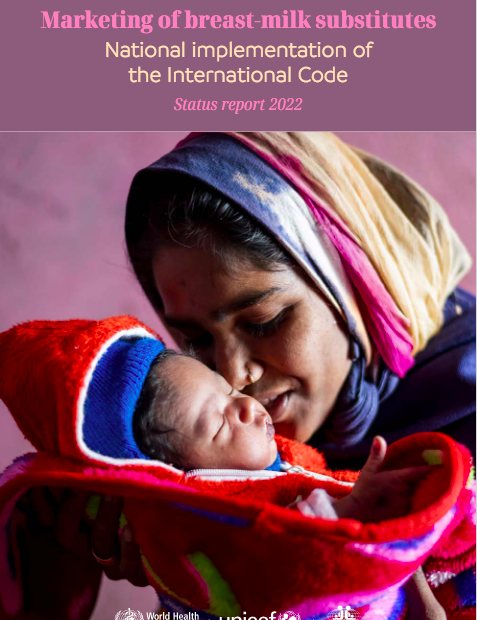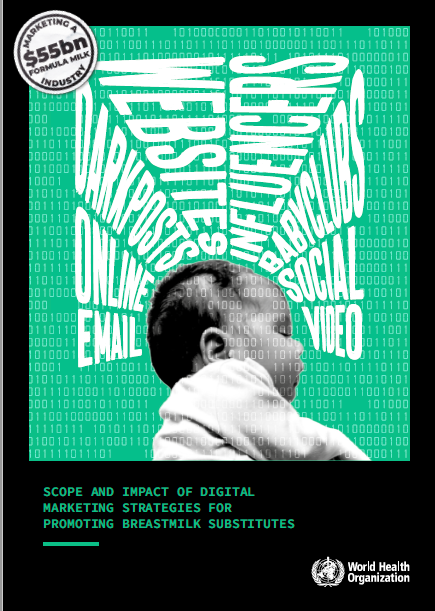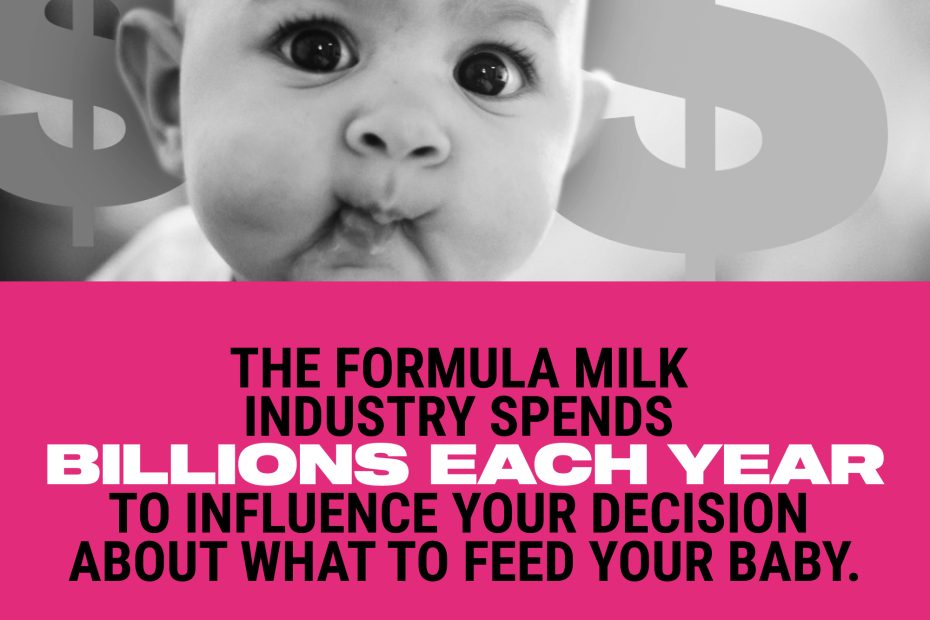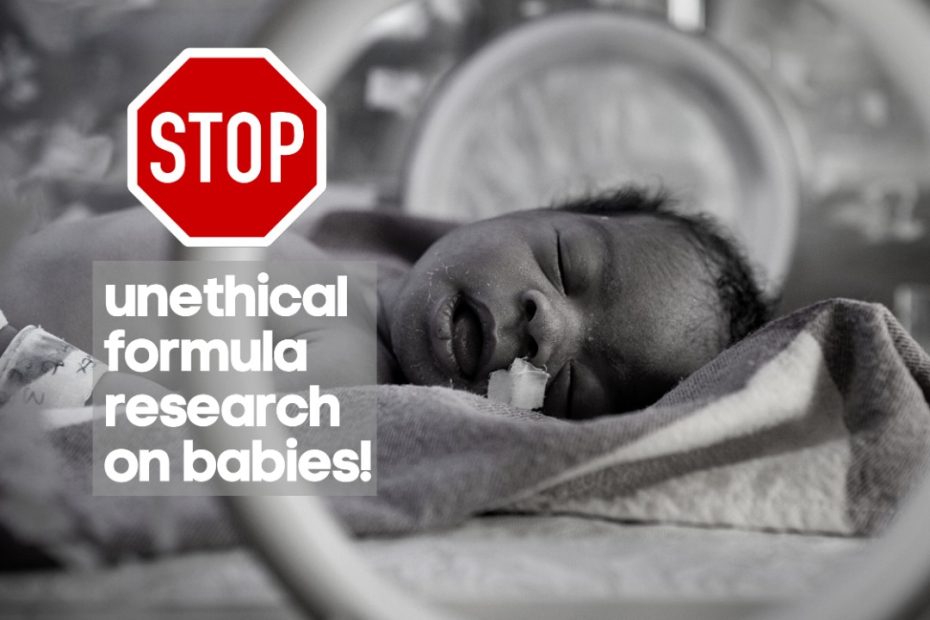Against warning labels on junk food in Mexico How Switzerland danced to the Nestlé tune
Mexico has implemented black STOP-style signs on unhealthy foods to combat the country’s rampant obesity trend. However, the project was met with fierce resistance from… Read More »Against warning labels on junk food in Mexico How Switzerland danced to the Nestlé tune

